Can Qatar stoke the Arab pride, against all odds?
#I am Arab and I support Qatar
The hashtag seems to be going viral by the minute as the moment of reckoning for the tiny Gulf state has arrived. It’s been for more than a decade, since Qatar bagged the Fifa World Cup in a major coup in December 2010, that they had to cop with endless attacks from the western world and the media.
Well, the barrage hasn’t quite died down even when the world is barely hours away from the kick-off of the ‘greatest show on earth.’ It’s indeed been so severe, from the former Fifa president Sepp Blatter admitting that awarding the Cup to Qatar was a ‘mistake’ to Juergen Klopp’s rant, that it forced Qatari ruler Sheikh Tamim Bin Hamad Al Thani take a public position on it again.
In his address to the Shura Council, the state’s legislative body, in late October, a somewhat defensive Al Thani said: “Since we won the honour of hosting the World Cup, Qatar has been subjected to an unprecedented campaign that no host country has ever faced. We initially dealt with the matter in good faith, and even considered that some criticism was positive and useful, helping us to develop aspects that need to be developed.
‘’But it soon became clear to us that the campaign was continuing, expanding and including fabrication and double standards, until it reached a level of ferocity that made many question, unfortunately, [its] reasons and motives.”
There is some merit in Al Thani’s speech that none of the recent allegations are actually new – be it charges of paying their way to win the hosting rights in 2010, human rights violations on the plea that thousands of labourers’ lives have been lost during construction of the venues (seven out of the eight stadia are new installations) and of course, Qatar’s conservative stance against the LGBTQ community.
And now, Friday’s announcement that alcohol is not going to be sold in and around the stadium – with an eye on eliminating chances of crowd trouble – is not going to win the Islamic state too many friends from the western world.
And now, Friday’s announcement that alcohol is not going to be sold in and around the stadium – with an eye on eliminating chances of crowd trouble – is not going to win the Islamic state too many friends from the western world.
It’s premature to say if Qatar’s hosting of the spectacle is going to bridge the gap with it’s Gulf neighbours like Saudi Arabia, UAE, Bahrain and Arab superpowers Egypt for good, but for now – it has. Saudi, in their position as the big brothers of the region, led an economic blockade in 2017 on the tiny state on somewhat ambiguous charges of backing of terror activities – till it was finally lifted in early 2021.
Observers feel that it’s been more out of strategic reasons that countries like the UAE and Saudi have extended the olive branch to Qatar. Both these status quo powers, alongwith Egypt and Bahrain had been at loggerheads with the Qatari-Turkish alliance – which was being seen as sympathetic to the regional Islamist parties. However, Turkey’s own economic problems and the overall post-Covid economic recovery sought by all sides initiated a process of rapproachment.
Incidentally, the Fifa president Gianni Infantino had drummed an ambitious plan – back in November 2018 and with the blockade still on – if the 2022 World Cup can have 48 countries instead of the existing 32 with it being spread to neighbouring Gulf countries (read: UAE and Saudi). “Maybe, football is a way to build bridges. We have seen as well with the bidding for 2026, the right to organise the World Cup was awarded to three countries [the USA, Canada and Mexico] which I think also don’t have the very best political or diplomatic relationships. But football makes miracles, as we know.”
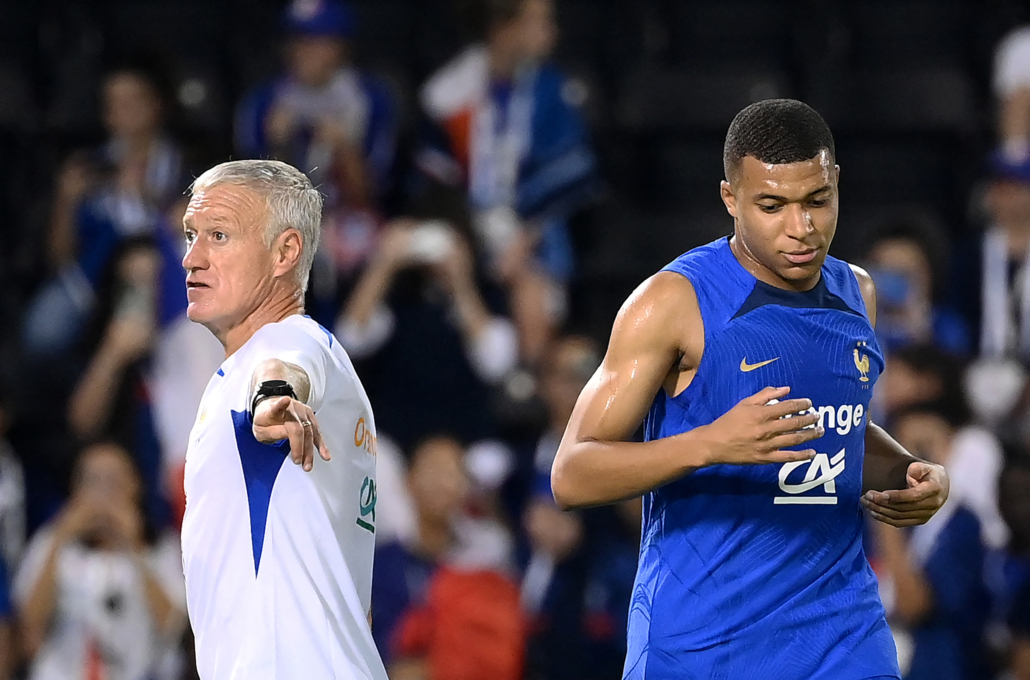
Uneasy lies the head…: Kylian Mbappe with decorated manager Didier Deschamps in training session of France, the defending champions.
No prizes for guessing, Qatar – which has maintained an iconoclastic position among the Arab countries on the merit of having the highest per capita income in the Gulf (a population of only 300,000) – refused to play ball. Quite understandable this as Qatar had gone alone for over eight years in coping with all the flak as their neighbours looked the other way – with the aim of sealing their position as the biggest soft power in the region.
For someone trying to scratch beneath the surface of regional geo politics, it’s apparent that Qatar’s ability to hold it’s own despite criticism which irked their neighbours. Their foreign ministry has often acted as a virtual UN mediation service, hosting radical groups such as Hamas and the Taliban – not in support but in pursuit of conflict resolution and dialogue.
The Al Jazeera channel, an innovative channel largely funded by Qatar government, had during the Arab Spring infuriated Riyadh by showing its independent streak in backing Muslim Brotherhood groups in Libya, Syria and Egypt.
Qatar’s leaders, meanwhile, insist they still see the West as an ally and not just a location for investments. In a sign of Qatar’s importance to the US, President Joe Biden in January officially appointed Qatar as a non-Nato strategic ally, a status few countries enjoy.
Temporary truce
But it knows the enemies that surround it in the region may have withdrawn only temporarily and could return if, for instance, Donald Trump is re-elected. It was Trump who had more than a tacit support to the Saudi-led effort launched in June 2017 to throttle the country’s independence by imposing a land, sea and air boycott. Contrary to the perception that the blockade may die down within six months, it went on and on as the two sides hacked into each other’s internet, spread disinformation and rendered the Gulf Cooperation Council (GCC) obsolete.
Qatar may well have only survived as an independent state because two members of the Republican administration, Rex Tillerson and Jim Mattis, managed to quell Trump’s support for the Saudi campaign. They pointed out that Qatar, far from being a pro-terrorism state, hosted the largest no-conditions-asked airbase in the Gulf, something Trump, courted by the Saudis, had overlooked.
The Gulf neighbours may hence have kissed and made up for now, but the future remains uncertain post-World Cup. If Qatar, however, manage a seamless conduct of the showpiece over the next month, they will emerge as the biggest survivors in the face of adversity on all fronts!

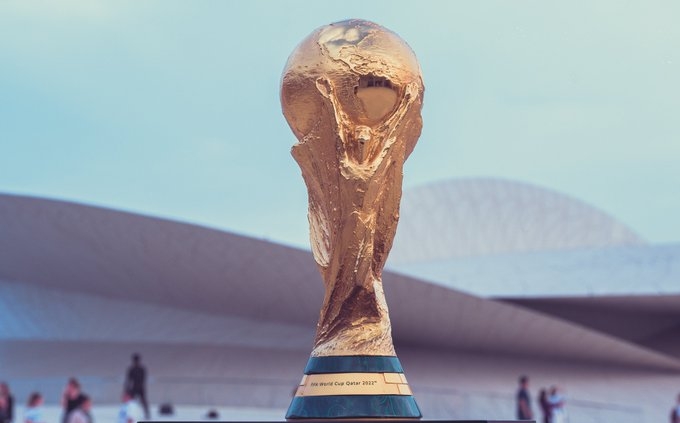
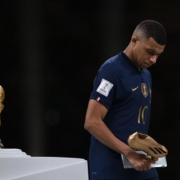
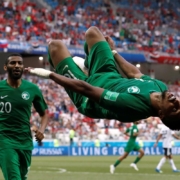
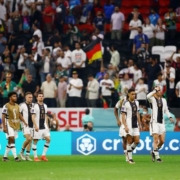
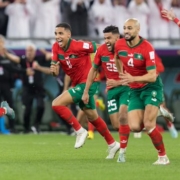



Leave a Reply
Want to join the discussion?Feel free to contribute!